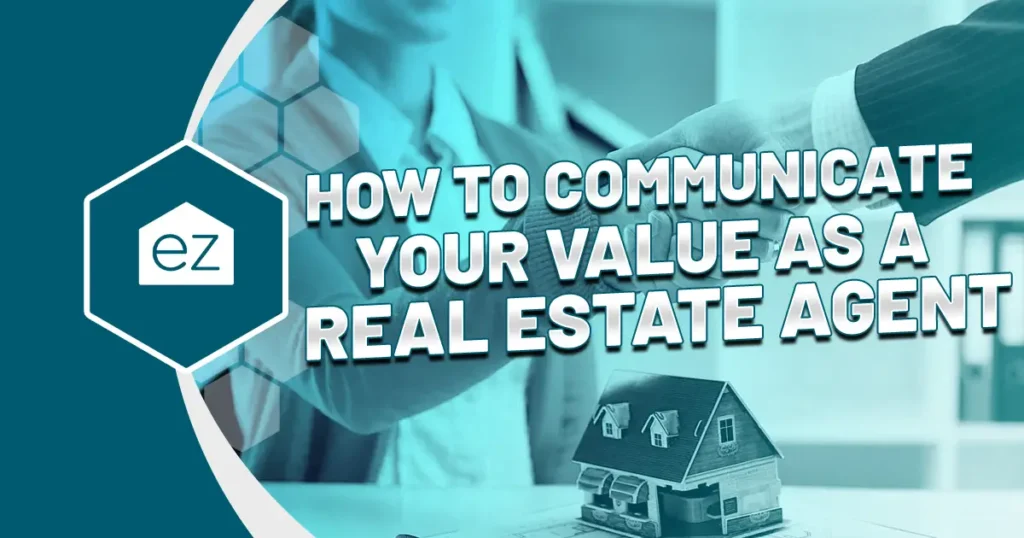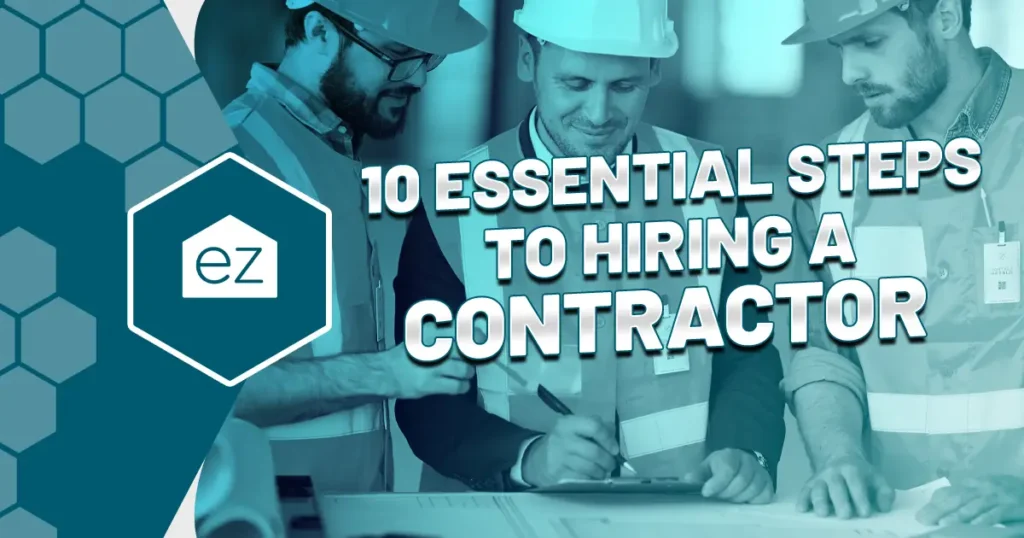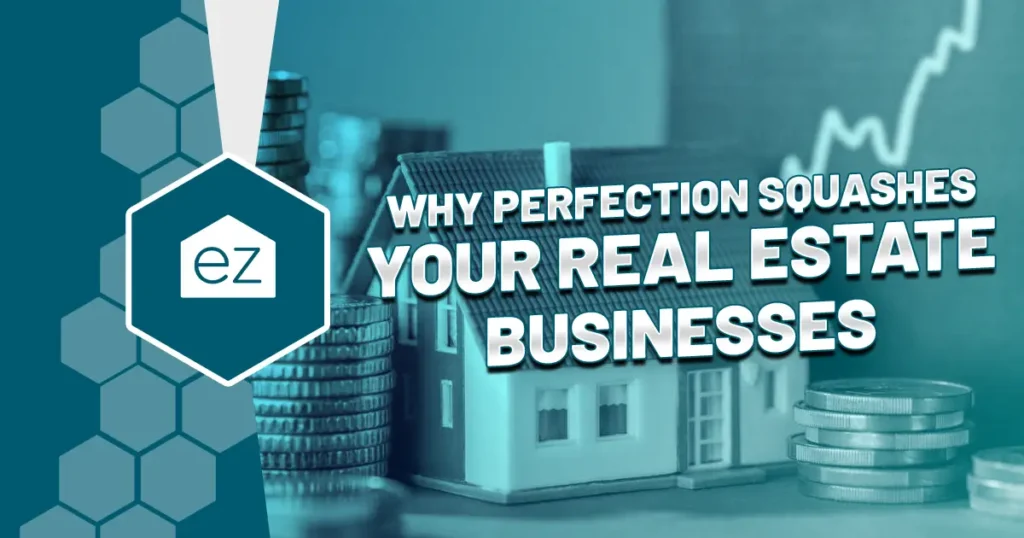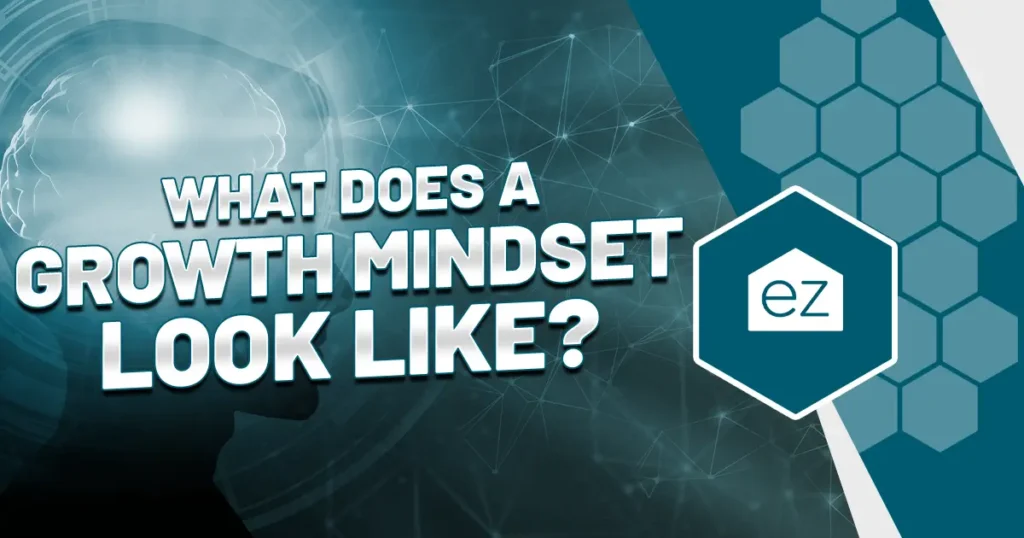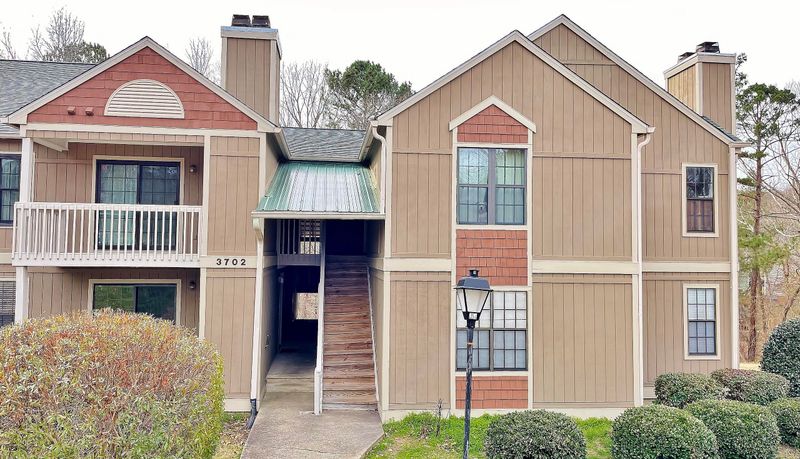13 Frequently Asked Questions About Mortgages
Getting your first mortgage is a major life step. Because it’s such a big commitment and so much money is on the line, you’ll no doubt have a long list of questions about the process. Here are some of the most frequently asked questions we get about mortgages so you can feel a little more knowledgeable even as a first-time homebuyer.
What Mortgage Rate Should I Expect?
Everyone’s mortgage rate differs, so it can be hard to narrow down how much yours will be beforehand. Mortgage rates can also vary between lenders so it’s key to check more than one before you commit to a loan. The most important factor is risk. The more risk your mortgage poses to the lender, the higher your rate will be.
Many factors can contribute to risk. If you have a bad credit history, are planning to make a low down payment, or want to take out a sizable loan, your loan is inherently risky and you can expect a higher mortgage rate to align with that risk. The type of property you’re purchasing will also affect your mortgage rate. For example, if you’re getting a condo or multi-unit property, you will likely have a higher mortgage rate.
What are Pre-Qualification and Pre-Approval?
You might consider getting pre-qualified for a mortgage. This process involves an overview of your financial situation to see if you might qualify for a mortgage and, if so, how much you can afford.
Another option is pre-approval. This is a more complex process, but it’s also more useful. You can get pre-approved at a bank or a mortgage broker. You’ll need to provide them with some financial documents and they will have to run your credit history. They’ll verify your income and employment. This is also a great way to show sellers that you mean business and could set your offer over the edge if you get into a bidding war.
Oftentimes, your real estate agent will actually require you to get pre-approved before they start showing you houses. This process is very similar overall to applying for a real mortgage. The only difference is that there isn’t a specific home you are wanting to buy.
What Kind of Credit Do I Need to Qualify for a Mortgage?
There isn’t a firm answer on what kind of credit you need to buy a home because the requirements vary based on the type of loan you are getting. Individual lenders may also have different requirements. Typically, you’ll want a FICO score of at least 620 to qualify for a conventional mortgage. FHA loans don’t have as high standards, and usually, you can qualify with a FICO score of 580 or more. If you’re getting a USDA or VA loan, there isn’t one set requirement, but individual lenders will usually want borrowers to still have a credit score of 620 or more.
Keep in mind that even if a low score is all you need to qualify for a mortgage, the higher your credit, the better off you will be. Good credit will help you qualify for low interest rates so you can save big money. Also note that some people do not even have credit and can still qualify for a mortgage.
What Documents Will My Lender Need?
There’s a good amount of paperwork involved in applying for a mortgage. Every lender is different. Some may ask for certain documents that others won’t need. But generally, you should prepare the following:
– A few months of recent pay stubs
– Proof of funds with an explanation of the source
– Gift letters if applicable
Should I get a 15-Year or 30-Year Mortgage?
15-year and 30-year mortgages both have their pros and cons. If you go with a 15-year mortgage, your monthly payments will be bigger but you’ll get your home paid off quicker. While choosing a 30-year mortgage means your monthly payments will be smaller, you’ll usually end up paying more in the long-run when you add up the interest. On the plus side, a 30-year mortgage can allow your budget to go further so you can purchase a house that’s bigger, better, or in a more desirable location.
The choice of what kind of mortgage you want really comes down to your current financial situation, your projected financial situation in the coming years, and your future goals. If money is tight for you right now, a 30-year mortgage may be a better situation. On the other hand, if you’re several years away from having kids, paying off as much of your mortgage as you can right now while you have more money to spare may be in your best interest. Talk to your lender about the different factors to figure out what is best for your circumstances.
What are Discount Points?
Discount points are a way you can pay for a lower interest rate on your loan. Every point you pay is the equivalent of a percentage. For example, three points is 3%. On a $250,000 mortgage, 3 points would be $7500.
To figure out whether or not discount points are worth paying for in your situation, you’ll have to do a little math. A mortgage calculator can be a big help. Discount points are also tax-deductible.
Will I Need Mortgage Insurance?
Mortgage insurance doesn’t usually add a lot to your monthly payment, but it’s still good to know whether or not you’ll have to pay it. The answer depends on your circumstances, primarily the size of your down payment and the home’s equity.
If you have an FHA loan, you’ll be required to pay for mortgage insurance regardless of your down payment and equity.
If your loan is backed by Fannie Mae and Freddie Mac, you ideally want to have a loan-to-value ratio of 80% or less. This means you’ll either have a down payment of 20% or, if refinancing, have 20% or more equity in your home. In these cases, you’ll be able to skip the mortgage insurance. If you can’t meet these requirements, you’ll end up paying mortgage insurance.
How Long Does It Take to Get Approved for a Mortgage?
On average, it will take 15-30 days for your application to receive final approval or rejection after you submit it. As technology advances, the process is starting to become a little more streamlined. If a company can approve you in just a couple of weeks, they will probably heavily advertise it. Final approval would mean your loan has received the words we all want to hear – Clear to Close!
On the other hand, it’s not totally unheard of for lenders to take 60 days or more to process your application. So don’t panic if you find yourself waiting for this long! It doesn’t necessarily mean anything is wrong.
Why Would My Loan Application Be Rejected?
There are many possible reasons why this could happen. Some of the most common include:
Poor Credit History—This is perhaps the most obvious reason why your application might be declined. Lenders often have strict requirements for borrowers when it comes to their FICO scores. Always get a copy of your own credit report before you apply for a loan to see exactly where your credit stands and if there are any errors that could get you denied.
Inability to Make a Down Payment—While VA and USDA loans can provide borrowers with 100% financing, you’ll usually need to make a down payment with other loans. Usually, you should expect to make a down payment of at least 3.5% of your home’s value, although most lenders will prefer at least 10% or sometimes even 20%.
High Debt-to-Income Ratio—Generally, you need a DTI of 36% or less to qualify for a loan. However, if you are looking to get an FHA loan, you will have a little more wiggle room.
Little to No Credit History—If you don’t have any credit history (or have very limited credit history), a lender would be taking a significant risk in approving your loan application. You may have a harder time finding a lender if this is your situation. If you haven’t started building credit yet, it’s a good idea to have at least six months of history before applying for a loan.
Low Appraisal—If the property you are wanting to buy is appraised for a value that’s lower than the purchase price, your application could get denied. This is because the loan-to-value ratio could be higher than what the lender is allowed to approve.
Why Should I Lock My Interest Rate?
If mortgage rates have been on the rise, it’s a smart decision to lock the rate while you can. This means you are guaranteed a certain mortgage over a certain length of time. The “locked” period could last for anywhere from 15 to 90 days. Shorter locked periods are typically less expensive than longer ones. While there can be a lot of uncertainty right when you first purchase your home, locking your interest rate can give you some certainty which helps with budgeting and gives you peace of mind.
What are Closing Costs?
“Closing costs” is an umbrella that refers to origination fees, title insurance, prepaid escrows, and other charges that will be due when you close on a home. You should expect closing costs to be 3% to 5% of the home’s value, although they can be more. Your closing costs are separate from your down payment, so make sure you are budgeting accordingly. Depending on your purchase contract, these could be paid by the buyer or seller. However, in most instances, the buyer will pay for most of the closing costs.
Oftentimes, you can also negotiate on closing costs. If you want to know which closing costs are flexible, just check out your loan estimate. Your lender is required to provide information about your loan’s terms and fees on this form.
When Will I Need to Make My First Mortgage Payment?
This is another thing that will vary from person to person. Most of the time, you can expect to make your first payment in a little over 30 days if you’ve closed on your house later in the month. On the other hand, if you close early in the month, you may be able to go almost 60 days until you make your first payment.
For these reasons, it’s important to consider time of the month when you choose your closing date. If an extra month will benefit your bank account, you may want to aim for a closing date that’s early in the month. Whether or not you prepaid your interest at closing will also affect when your first payment is due.
What is Refinancing?
Refinancing is when you replace your current mortgage and its terms with a new loan that will pay for your original mortgage. Ideally, if you’re refinancing, it’s to get new terms that are better than the ones you have currently. If your current mortgage has a high interest rate or payments that are larger than you’d like, refinancing might be worth looking into.
Refinancing doesn’t mean that you’re reducing the balance of your loan. Your payments may shrink, but if the time over which you’re paying them is longer, you could end up ultimately paying more when you factor in interest. Sometimes you may also refinance to switch your loan from a variable-rate mortgage to a fixed-rate mortgage. It’s always a good idea to use a refinancing calculator to decide if the decision is worth it.
Get Answers to All Your Burning Questions About Mortgages
Even with these answers to commonly asked mortgage questions, there can still be a lot of confusion for first-time homebuyers. Before you get started with your mortgage application and even after you’ve gotten approved, we can continue to be your experienced guide, helping you through all the ins and outs of buying a home. Contact us with all your mortgage-related questions today!
Start Your Home Search
Preston Guyton
Share this Post
Related Articles
Real Estate Tips
How to Communicate Your Value As A Real Estate Agent
Real Estate Tips
10 Essential Steps to Hiring a Contractor
Real Estate Tips
Why Perfection Squashes Your Real Estate Businesses
Real Estate Tips
